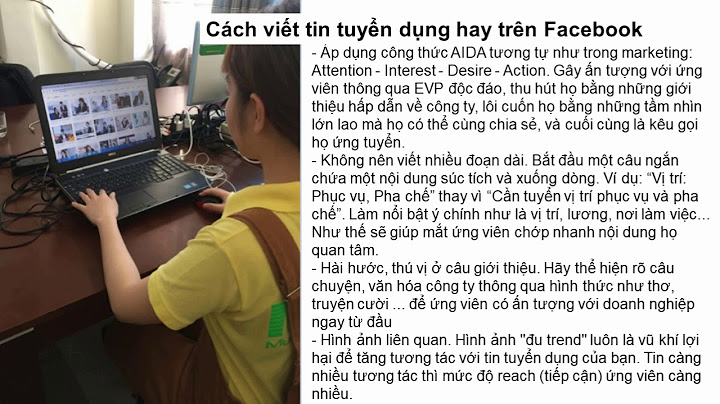STEM expertise is a highly desirable quality in students entering today’s workforce, with the widely acknowledged view that these are the skills required for successful employment. There is however, a growing understanding of the value in possessing certain types of behavioural and interpersonal attributes for success in the 21st century workforce. The importance of these personal skills in relation to STEM direct expertise is the topic of investigation in today’s musing. Show The attached article by education writer Valerie Strauss describes how multinational technology giant Google tested their STEM-only hiring approach by analysing hiring, firing and employee performance data accumulated since the company’s incorporation in 1998. The results were surprising to Google; amongst the eight most important qualities identified in the most successful Google employees, STEM expertise was found to come in last place. The top seven characteristics of successful employees were identified as the following:
These findings were significant for Google as they led to a rethinking of their hiring practices where qualifications and skills referred to as “soft skills,” once seen to be less relevant are now being viewed in a new light. Further investigation from another Google appointed study (coincidentally named Project Aristotle) looked at data from the most productive teams at Google. Similar findings ensued where soft skills including empathy, emotional intelligence (EI) and emotional safety came out on top as markers of the most successful teams. From an EI perspective, we already know of the value of skills such as accurate and authentic expression of emotion in communication, understanding other’s emotions and viewpoints (including empathy), employing helpful emotions to achieve desirable outcomes and using emotional information for balanced decision making. These skills have been found to be beneficial for mental health, developing quality relationships, adaptive coping styles, pro-social behaviours, leadership and sporting behaviours in addition to academic outcomes. It perhaps should not come as a surprise then that research findings such as these point to the extended benefits of EI beyond formal education in preparedness for the workforce, organisational productivity and overall success in employment. If you want to be a strong leader and manger, look no further than Google. Employing some of the best and brightest people in the world, Google has extensively researched their leadership and management strategy and discovered 8 qualities of their own great leaders-managers. According to Laszlo Bock, Google’s Senior Vice-President for People Operations (Human Resources), teams working under the best managers perform better, are happier and stay longer with the company. If you want to become an efficient and inspiring leader-manager, check out Google’s great leader’s qualities and why they are important to your business.
For aspiring, new and experienced managers these qualities do not require a change in personality but rather is a matter of behavioral changes, which can be accomplished by regular and deliberate practice. Most importantly, as a manager the most important things you can do for your employees is to make sure you have time for your employees and to be consistent. What makes a great leader Google?Be productive and results-oriented. Be a good communicator and listen to your team. Help your employees with career development. Have a clear vision and strategy for the team. What is Google's 20 rule?The 20% Project is responsible for the development of many Google services. Founders Sergey Brin and Larry Page advised that workers "spend 20% of their time working on what they think will most benefit Google". What qualities did Google learn its most successful employees possessed what about their best teams?..... Project Aristotle shows that the best teams at Google exhibit a range of soft skills: equality, generosity, curiosity toward the ideas of your teammates, empathy, and emotional intelligence. What makes a good Google employee?Attributes like enjoying fun (who doesn't), a certain dose of intellectual humility (it's hard to learn if you can't admit that you might be wrong), a strong measure of conscientiousness (we want owners, not employees), comfort with ambiguity (we don't know how our business will evolve, and navigating Google internally ... |




















